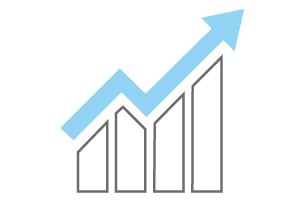Each week, we break down the latest U.S. economic reports, including what the results mean for the overall health of the economy. Here, you will find how economists’ forecasts compare with actual results, key takeaways to consider, as well as a list of what’s on tap for the week ahead.














